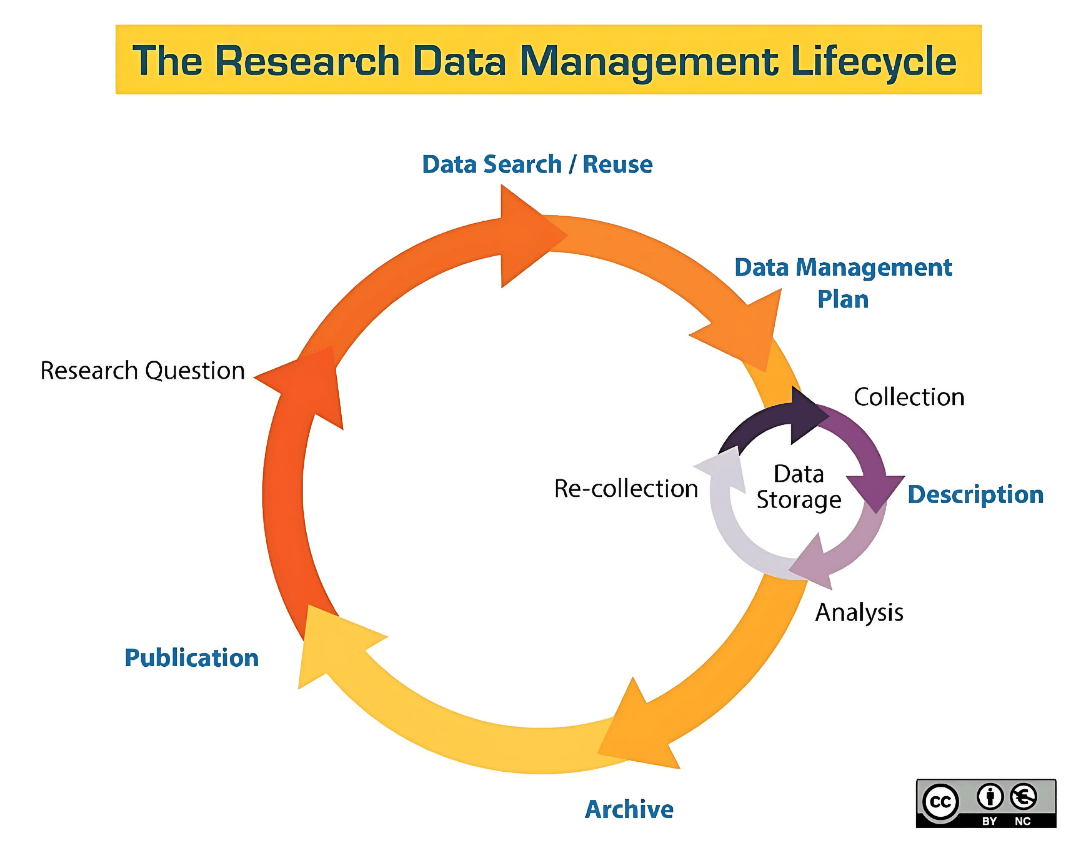Research Data Management
What is Research Data Management?
Research Data Management (RDM) refers to good practice in planning, collecting, storing, using, sharing and preserving the data generated in any research project.
Research funders increasingly expect that data resulting from research projects should be made available for scrutiny and re-use, whenever legal and ethical requirements allow. In most cases a version of the data should be kept safe and retrievable for a specified period after the end of the project. The creation of a data management plan (DMP) at the start of a project will help to clarify what should become of the data, as well as how it should be handled throughout the research life cycle.
The University has a RDM Policy which outlines staff responsibilities for managing research data appropriately and securely.
For questions about RDM, including storage, funder requirements, choosing an appropriate repository, or considerations when making data open, contact rdm@hud.ac.uk.
The Research Data Management lifecycle in conjunction with the different stages of research.

Box and data storage
The University of Huddersfield uses Box for secure, GDPR-compliant storage for live projects. Files are guaranteed to be stored on servers located within the UK. Box also allows for secure collaboration with both internal and external collaborators. There is a single file size limit of 100GB, but there is no limit to the overall size of the dataset. Box does not have a specific back up function, so good practice is once you are set up in Box, to create your own subfolder entitled “Backup”, and then periodically backup data to this folder. Box has a recovery system whereby you can recover the last 100 versions of a file. Once something is deleted from Box, it goes to a recycle bin. After 30 days items in the recycle bin will automatically be deleted.
Box is managed by RIKE. For queries, please contact rdm@hud.ac.uk.
Sharing open data
If your data management plan stated that research data would be shared via Box and PURE, this can still be arranged. However, the preferred approach is to use a third-party public data repository that meets FAIR Principles. Regardless of where you share your data, a record for the dataset should also be made in Pure.
There are hundreds of open data repositories including discipline-specific, funder-recommended, journal/publisher-recommended and general. Examples include:
- Mendeley Data,
- Zenodo,
- Figshare,
- GenBank,
- UK Data Service - Economic and Social Research Council (ESRC),
- Environmental Data Service - Natural Environment Research Council (NERC),
- Archaeology Data Service,
- Dryad.